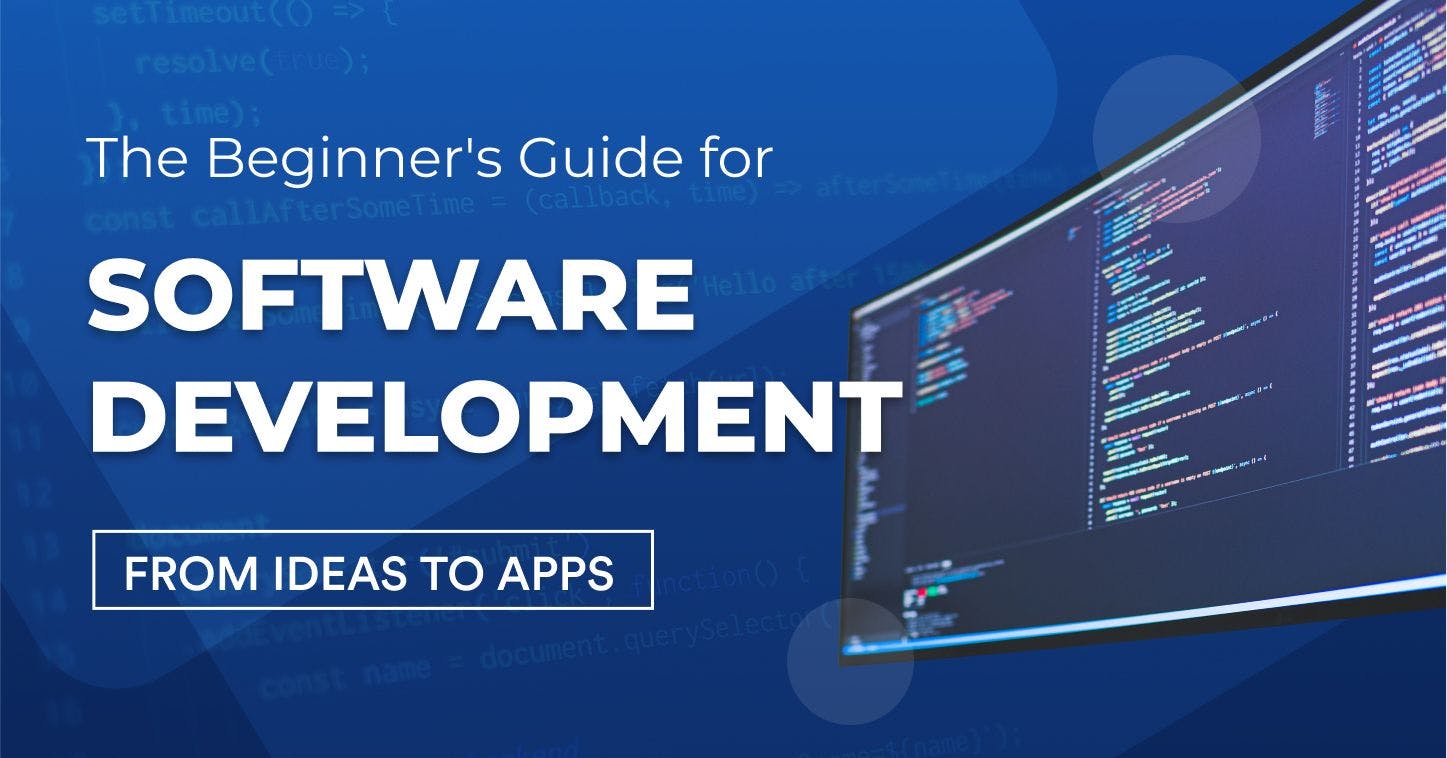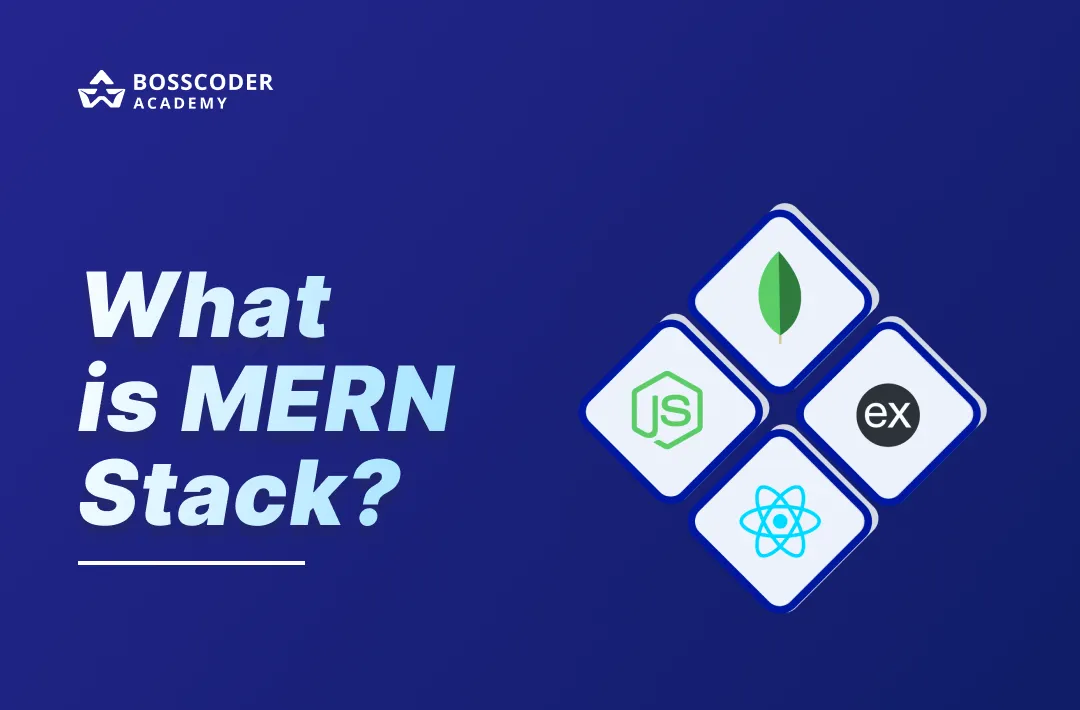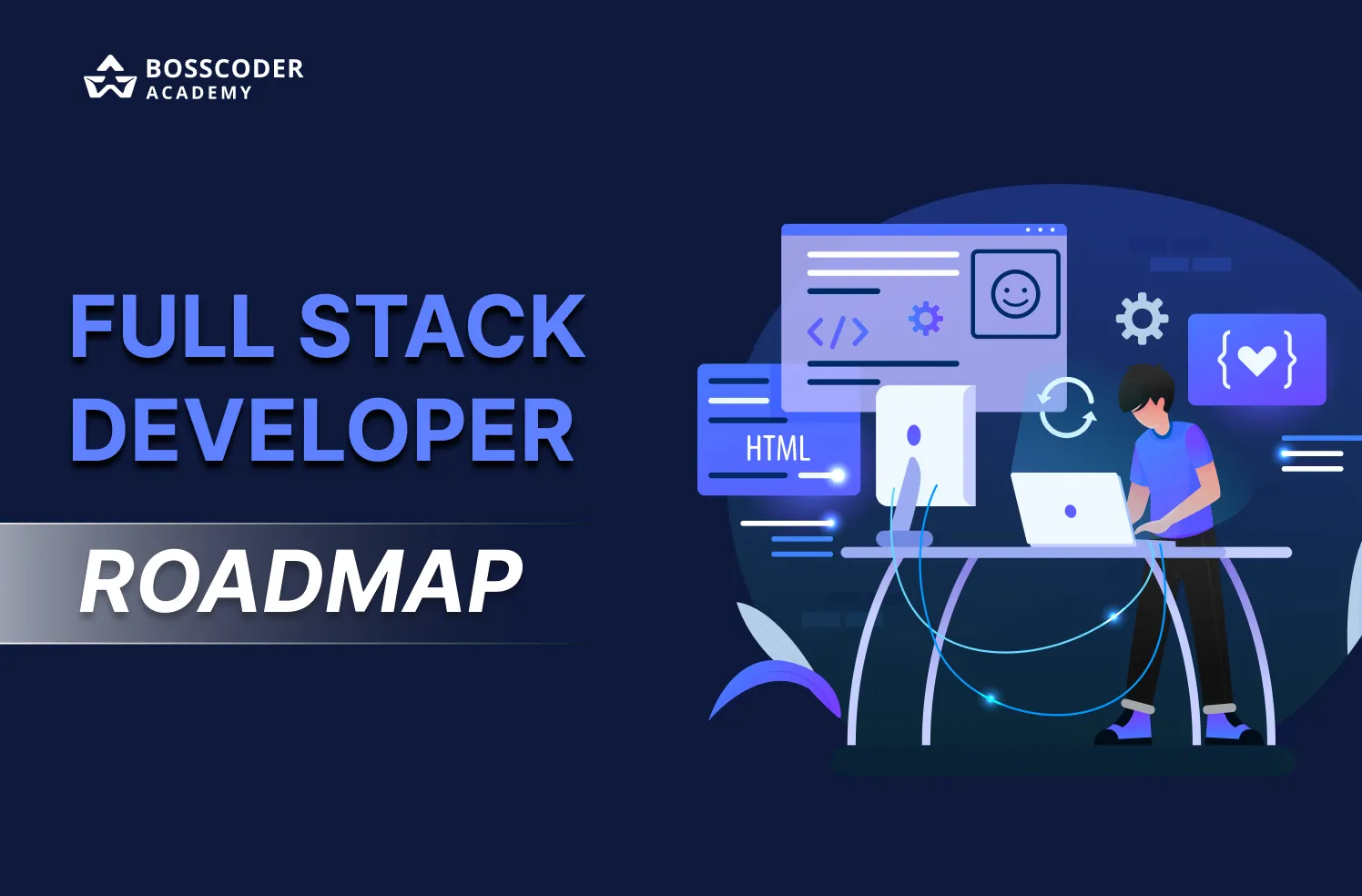 Software Development
Software DevelopmentFrom Ideas to Apps: The Beginner's Guide for Software Development
Bosscoder Academy
Date: 25th September, 2023

Contents
Contents
What Is Software Development?
In our digital age, software seamlessly integrates into our daily lives. From the apps on our phones to the systems behind ATMs and digital displays at airports, software development is the force behind the digital transformation. It is everywhere and plays an important role in many aspects of our daily lives.
Definition:
Software Development is the systematic process of conceptualising, designing, programming, documenting, testing, and bug fixing involved in creating and maintaining applications, frameworks, or other software components.
Brief History of Software Development:
The journey of software development began in the early 1940s. From punch cards to assembly language, the initial years were about setting the foundation. The late 20th century saw the rise of personal computers, leading to a boom in software applications. Today, with the emergence of the internet, mobile devices, and cloud computing, software development caters to a global audience, making it more dynamic and innovative than ever.
Process of Software Development:
At its heart, software development is the art and science of creating digital solutions to address specific problems or needs. It's like constructing a building, but instead of bricks and mortar, developers use code to build software.
- Idea Generation: Every software starts as an idea. Maybe someone thinks, "Wouldn't it be great if there was an app to remind me to drink water throughout the day?" or "Businesses could benefit from a tool that tracks sales automatically." These ideas are the the building blocks of software development.
- Planning and Design: Think of this stage as the blueprint of a building. Developers decide how the software will look (its interface) and how it will work (its functionality). This step ensures that the software will meet the user's needs and be user-friendly.
- Coding: This is the construction phase. This is where the magic happens. Developers take the design and turn it into a working product by writing code. They use programming languages, which are like special languages computers understand, such as Python, Java, or C++. It's a bit like crafting a recipe where each line of code is an instruction the computer follows.
- Testing: After coding, the developers look for bugs, which are errors or glitches that might cause the software to malfunction. Think of it as taste-testing a dish before serving it to guests. If something's not right, it's back to the kitchen (or, in this case, the code) for adjustments.
- Deployment and Maintenance: Once the software is bug-free and ready, it's launched for users to download and use. But the job doesn't end there. Just as cars need regular servicing, software often needs updates. This maintenance ensures the software remains compatible with newer devices, stays secure, and continues meeting users' needs.
Software development isn't a one time process. Over time, as technology evolves and users' needs change, the software may need updates or fixes. This ongoing care is part of the development process. But now that we know how a software is built, one must wonder why do we need software development or how can one become a software developer or even what is it's relevance today?
Why Is Software Development Important?
Every day, software touches our lives in countless ways. The tools, born from software development, have made our lives richer, more connected, and enjoyable. But the impact of software goes beyond personal conveniences. Software is revolutionizing sectors like education where e-learning tools are bringing quality education to even the most remote locations.
On a larger scale, businesses, from local startups to global powerhouses, are harnessing software to thrive. Tools that manage customer relationships, streamline online marketing, or facilitate e-commerce are transforming the way businesses operate, making them more efficient and adaptable.
And when we look at global challenges, from environmental crises to pandemics, software development stands as a promise of hope. It equips scientists with data analysis tools to interpret complex patterns, offers simulation software for predictions, and creates platforms that enable worldwide collaboration.
Software development is not just about lines of code. It's a reflection of human creativity and innovation. It starts with imagining a brighter, more efficient future and then using technology to turn that vision into reality. As we journey through the 21st century, the transformative power of software development is undeniable, paving the way for endless possibilities and solutions.
Challenges and the Road Ahead
The dynamic nature of software development presents challenges. Rapid technological changes, cybersecurity threats, and evolving user expectations keep developers on their toes. However, with challenges come opportunities. The rise of quantum computing, augmented reality, and AI promises an exciting future for software development.
In today's digital age, understanding software development is more crucial than ever. But knowing the process is just the beginning. At Bosscoder Academy, we take you a step further. We equip you with the practical skills and knowledge to not just understand software but to create it. Our hands-on approach ensures that you're not just learning the theory but applying it.
Bosscoder Academy: Your Gateway to the Software World
With Bosscoder Academy's expert guidance, you'll transform from a novice to a tech leader, ready to shape the future. Whether you're aiming to develop the next big app or seeking a lucrative career in tech, we're here to guide you every step of the way. Dive into the world of software with Bosscoder Academy and unlock endless possibilities for your future.
Our course is beginner friendly and even people from non tech or non-IT domain can pursue it. The curriculum emphasizes mastering problem-solving using Data Structures and Algorithms (DSA), ensuring participants can tackle real-world challenges efficiently. But it doesn't stop there. The program delves deep into the segments of software design, encompassing both Low-Level Design (LLD) and High-Level Design (HLD).
To cement this knowledge, Bosscoder integrates industry-relevant projects into the curriculum. These hands-on projects, mirroring real-world scenarios, ensure students not only learn but also apply their knowledge practically.
Ready to shape the future?
Enroll now and unlock endless possibilities with Bosscoder Academy.
For more such content, follow our newsletter for interview tips, news on latest advancements in tech, major announcements and so on. Fill up this form to subscribe to our newsletter.
Related Blogs

What is MERN Stack? A Beginner’s Guide
Date: 19th January, 2025

Full Stack Developer Roadmap 2025
Date: 12th January, 2025

How to Become Senior Software Engineer?
Date: 5th January, 2025

Azure Data Engineer vs AWS Data Engineer
Date: 2nd January, 2025

Full-Stack Developer vs Data Scientist: Which is Right for You?
Date: 29th December, 2024

Introduction to Machine Learning: Its Classification
Date: 22nd September, 2024
